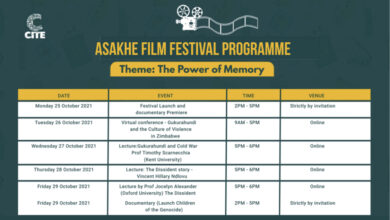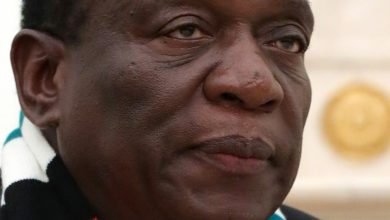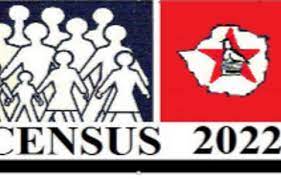Funding constraints could hamper NPRC public hearings

Government`s sincerity in solving past conflicts has been questioned amid revelations that the National Peace and Reconciliation Commission (NPRC), which is tasked with spearheading the reconciliation and healing process, is struggling to fulfil its mandate due to funding constraints.
NPRC, an independent constitutional body, receives funding from treasury.
One of the challenges faced by the commission is conducting public hearings, to record statements of victims of the various past conflicts, including the Gukurahundi atrocities.
This has seen the commission planning on reducing the number of people to give evidence to 10 per province, allocating them an hour each for the public hearings.
According to the NPRC Act, the commission is supposed to take care of all the victims’ transportation, meal and accommodation costs as they testify during the course of the public hearings.
Speaking at a NPRC consultative meeting with peace committees from Matabeleland North, Thursday, aimed at identifying issues for public hearings, participants expressed concern on the lack of funding that would affect the public hearings.
One of the participants, Esau Ncube, felt NPRC was taking half measures, which was not ideal for reconciliation programmes.
“We need to take time and do a thorough job if Kenya could take 40 000 statements, South Africa – 20 000 statements, there’s no way we can say Zimbabwe cannot do 20 000 statements. For example take the Gukurahundi genocide, where I believe 100 000 people were killed and we say Matabeleland North can only hear evidence from 10 people, each having only one hour, I don’t think we will be doing justice to the genocide,” he said.
NPRC Commissioner, Dr Golden Chekenyere, who also chairs the Finance Administration and Human Resources committee acknowledged that government assistance is inadequate but the commission had to make do with what is there.
“The South African Truth Commission started with R10 million, by the time they finished their budget was over R300 million. You can then begin to have at the back of your mind the requirement of what is needed to be in Tsholotsho to gather statements in three months,” he said.
“Look at our budget from 2016 up to now, it’s inadequate but we are not the only entity that is knocking on the Treasury. We understand and sympathise that money is inadequate. In Kenya, the commission had well over 100 Prado vehicles for transportation to different parts of the country. We have a pool of 10 cars – imagine the resources that are required.”
Dr Chekenyere said public hearings were an insurmountable task, as statement taking is not cheap, especially if it were to be done in different areas of the country.
The peace committees then questioned the government’s commitment to the reconciliation process and peace building, prompting Dr Chekenyere to say it was, “otherwise this commission would not exist.”
“There are five other independent commissions, government departments all needing funding but resources are limited and stretched over many other entities.”
NPRC commissioners also quoted the latest economic blueprint, the National Development Strategy 1: 2021 to 2025 that expresses the government’s commitment to fund peace building programmes.
NPRC Chairperson, Retired Judge, Selo Nare told the media “funding has always been a problem” that was why the commission had invited stakeholders to discuss what could not happen when the hearings start.
“From time to time, there is a review of the budget and it is increased but not sufficient. Now we have been given room to employ officers on the ground to deal with hearings. We received funding from the UNDP through the government for this seminar,” he said.
The NPRC consultative meeting with peace committees was to lay to the background for the public hearings that are yet to be held in the country.
“What we had before was introductory or outreach meetings and now we are laying out what the public hearings should do when they start. I will not naïvely say when they will start but the Covid-19 pandemic also put us off track as many meetings were postponed,” Nare said.






